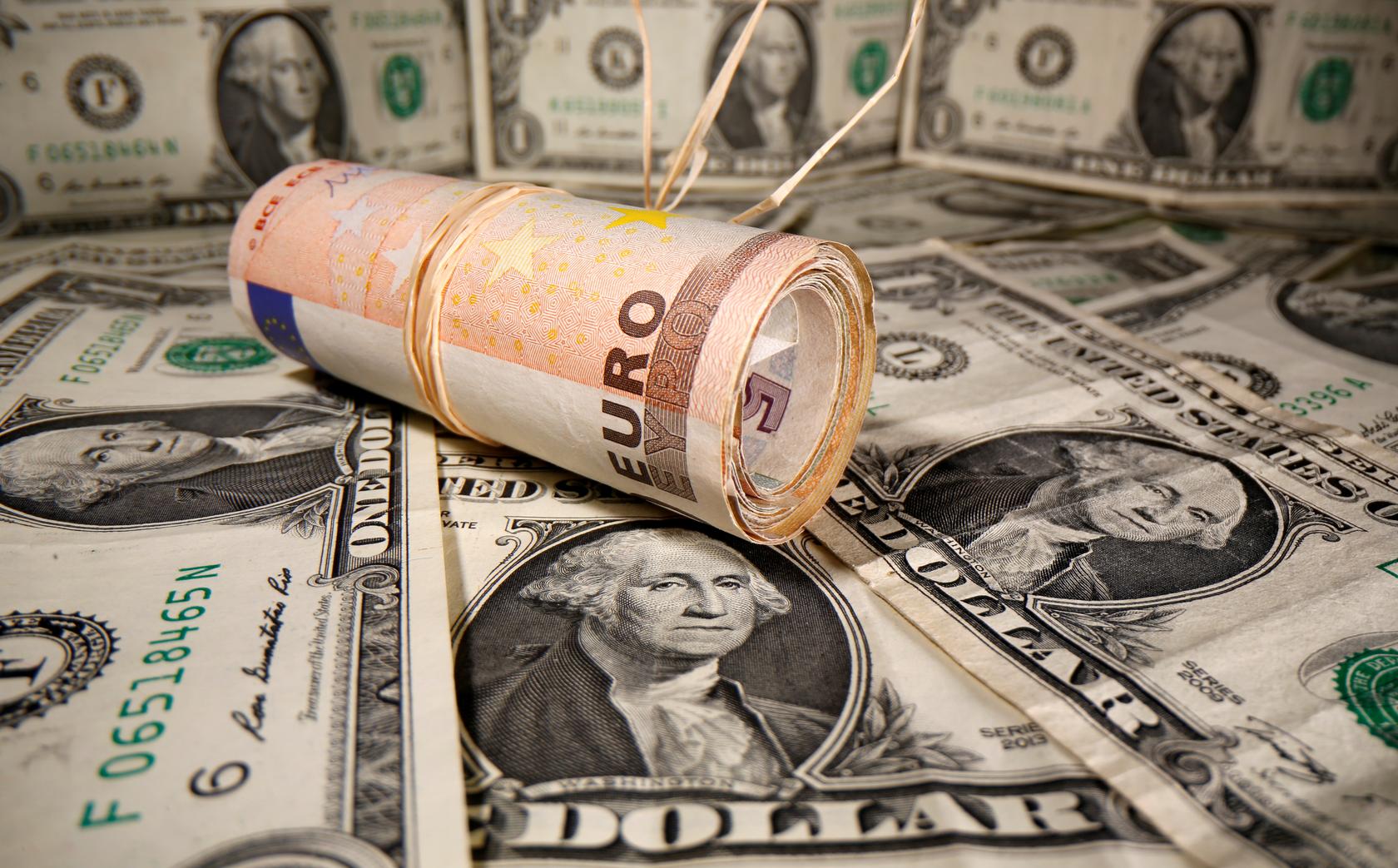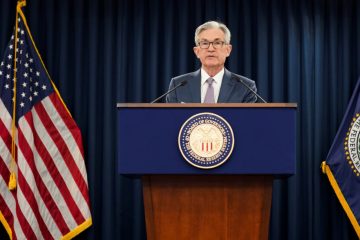Antipodean currencies jump on central bank talk, US dollar subdued

The New Zealand and Australian dollar were the biggest gainers among major currencies on Tuesday, helped by talk from their central banks, while the U.S. dollar took a backseat to the yen and Swiss franc amid some risk aversion in markets.
The Kiwi dollar rose 0.6% to $0.7007 – the biggest gainer among G10 currencies on the day – after New Zealand’s central bank said on Tuesday it would soon begin consulting on ways to tighten mortgage lending standards, as it tries to control an inflated housing market and protect home buyers.
The Australian dollar spiked higher after the Reserve Bank of Australia stuck with its plan to taper its bond-buying programme, shrugging off concerns about the economic impact from rising coronavirus cases. It gained half a percent to $0.7393 against its U.S. counterpart.
The U.S. dollar slipped 0.14% to 109.16 yen, near its July 19 low of 109.07, which was its lowest level since late May. Against the Swiss franc, the dollar traded 0.3% lower at 0.9026 franc, having hit a 1-1/2-month low of 0.9038 in the previous session.
The index that measures the dollar’s strength against a basket of peers was down 0.1% by 1053 GMT.
Market watchers have of late pointed to the decline in U.S. Treasury yields as being indicative of fears of a coming disappointment in economic growth.
The U.S. 10-year Treasury yield dropped on Monday shortly after an Institute for Supply Management (ISM) report showed July U.S. manufacturing growth slowed for the second successive month.
“We saw demand for high-yielding currencies returning after the underwhelming July manufacturing ISM yesterday seemingly made the patient Fed want to wait longer before embarking on policy normalisation and thus weighed on the USD, the UST yields and US rates,” said Valentin Marinov, head of G10 FX research at Credit Agricole.
“That being said, I suspect that the FX investors will continue to position for the gradual removal of Fed policy accommodation and the next big event on the calendar will be the August 26-28 Jackson Hole central bank symposium, which has served as the venue for important Fed policy announcements in the past.”
Marinov said some clients believe Federal Reserve Chair Jerome Powell can offer more details about the timing and scope of QE tapering at the gathering.
The euro was a touch higher at $1.1887, having lost some momentum after hitting a one-month high of $1.1909 on Friday. Sterling gained 0.3% to $1.3931, just off Friday’s one-month high of $1.39835.
Clouding the outlook for the dollar further is the spread of the COVID-19 Delta variant. In the United States, COVID-19 hospital admissions in Louisiana and Florida have hit a new peak though top U.S. health expert Anthony Fauci has ruled out another lockdown in the country.
That outweighed any excitement over a $1-trillion infrastructure investment bill that could be ready for a final vote as early as this week.
Japan expanded state of emergency curbs to more regions on Monday as cases hit a record in Tokyo. In China, the spreading Delta variant poses new risks for the world’s second-biggest economy.



